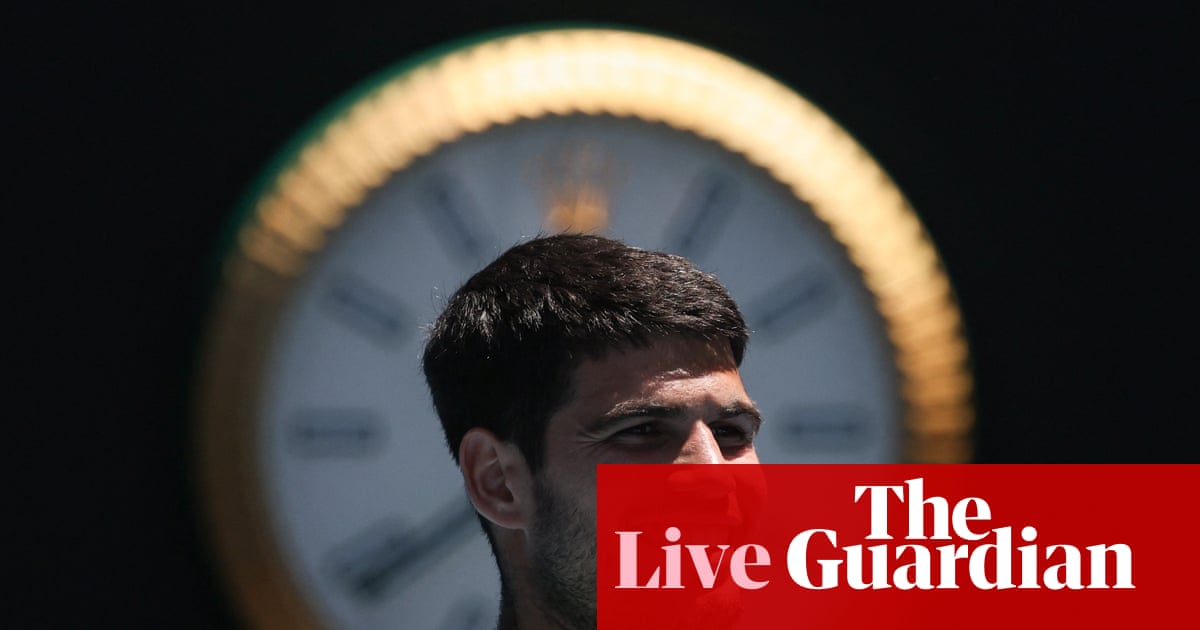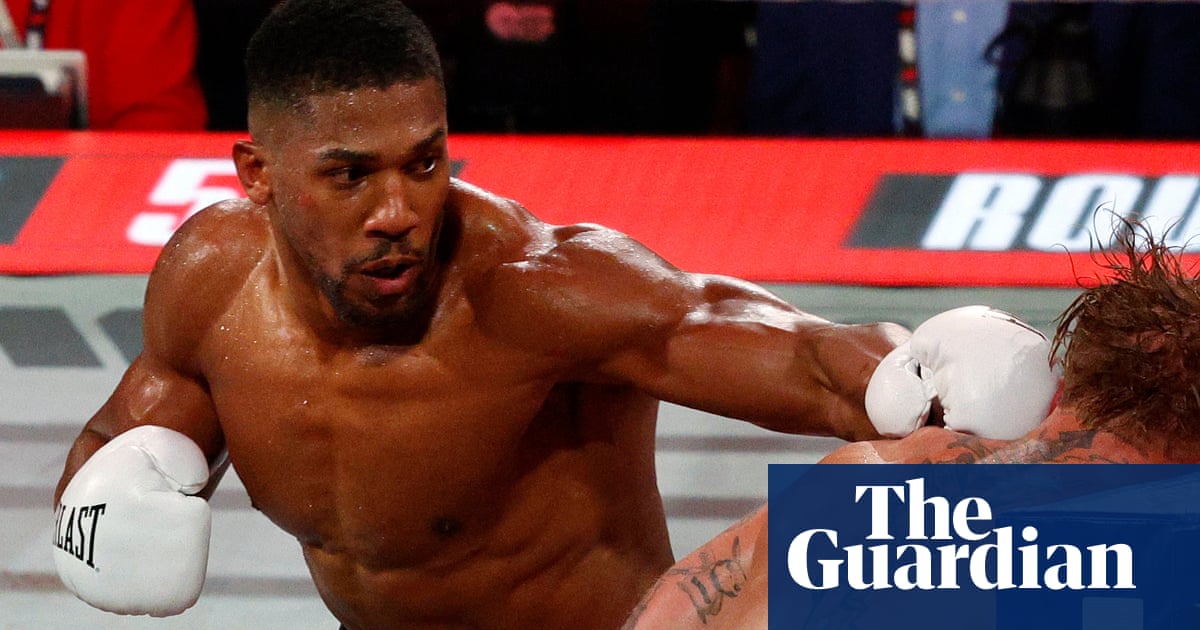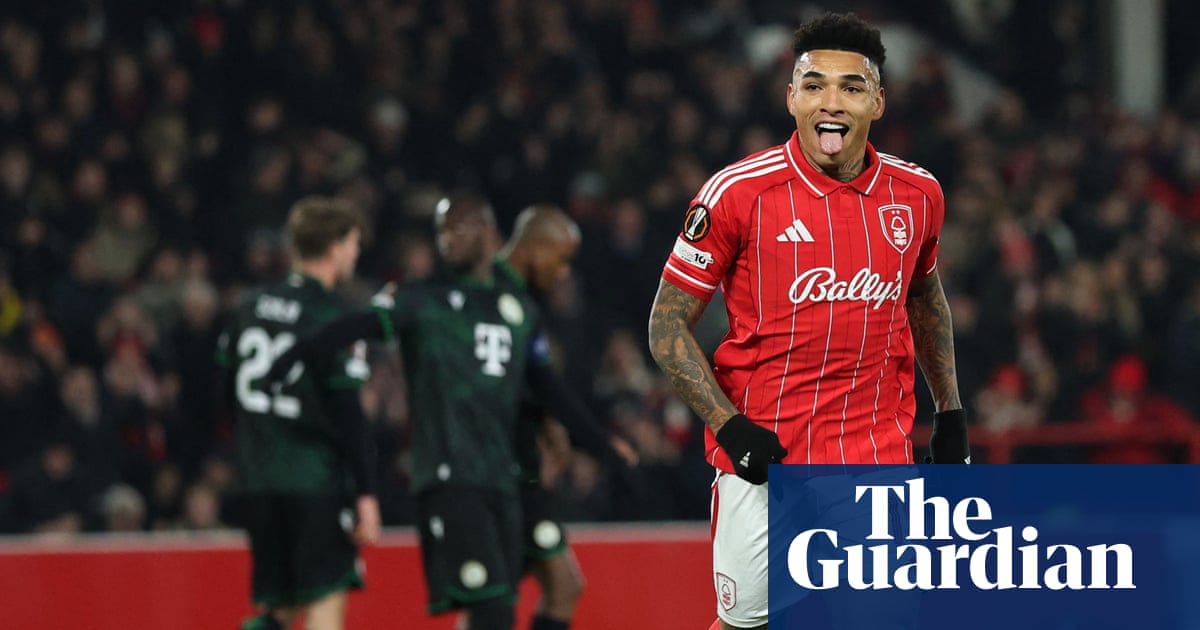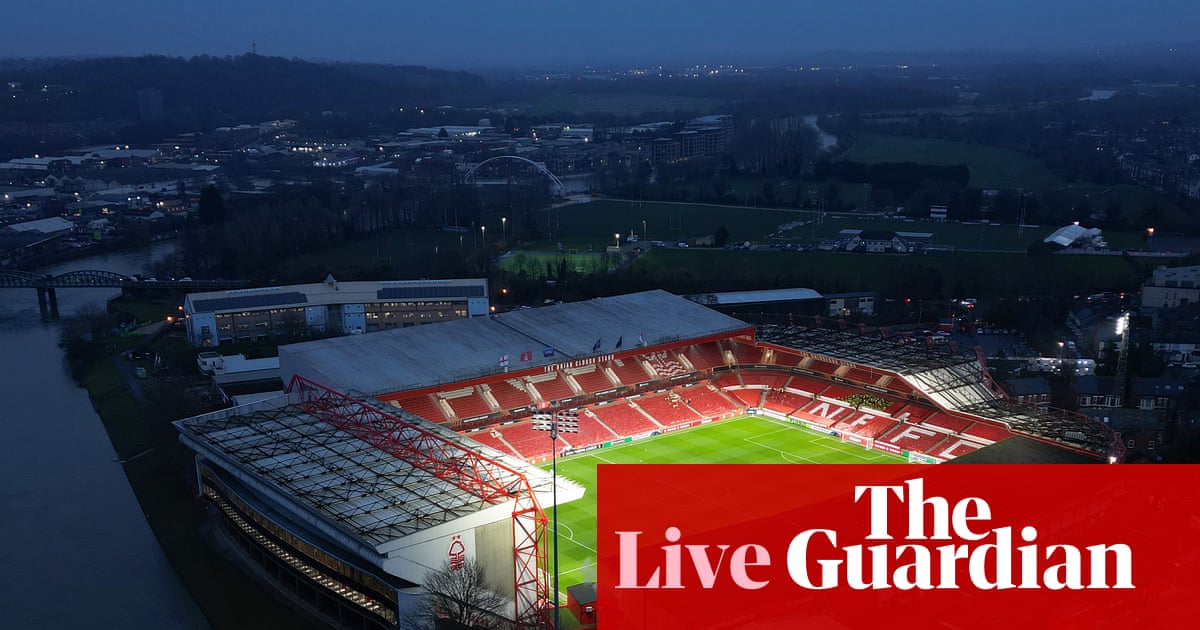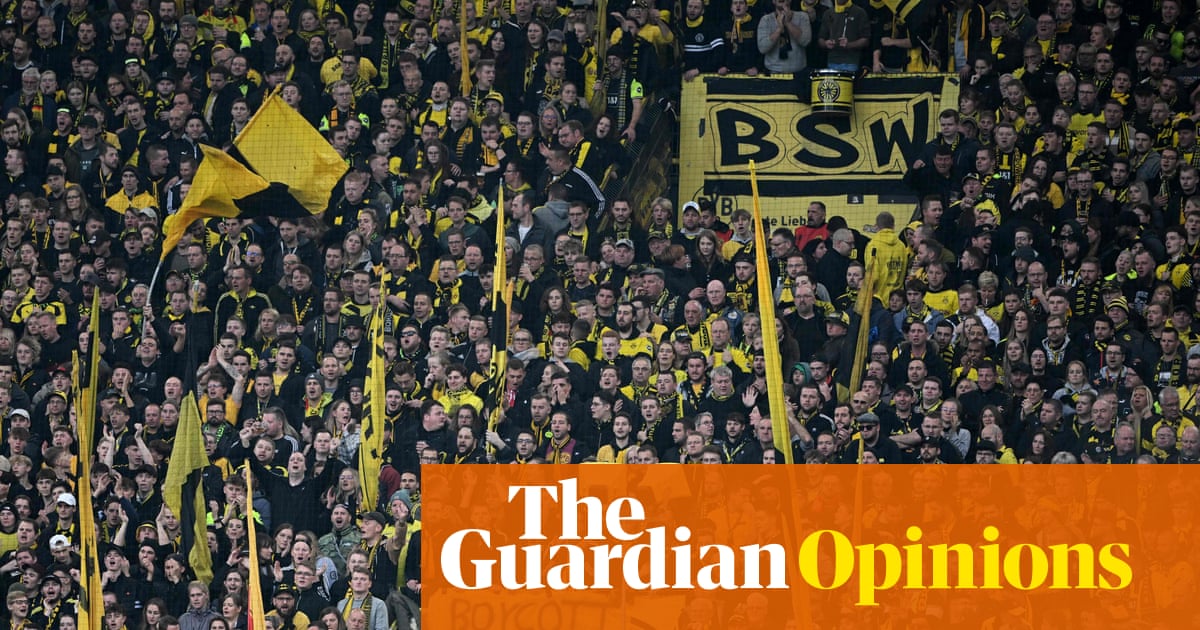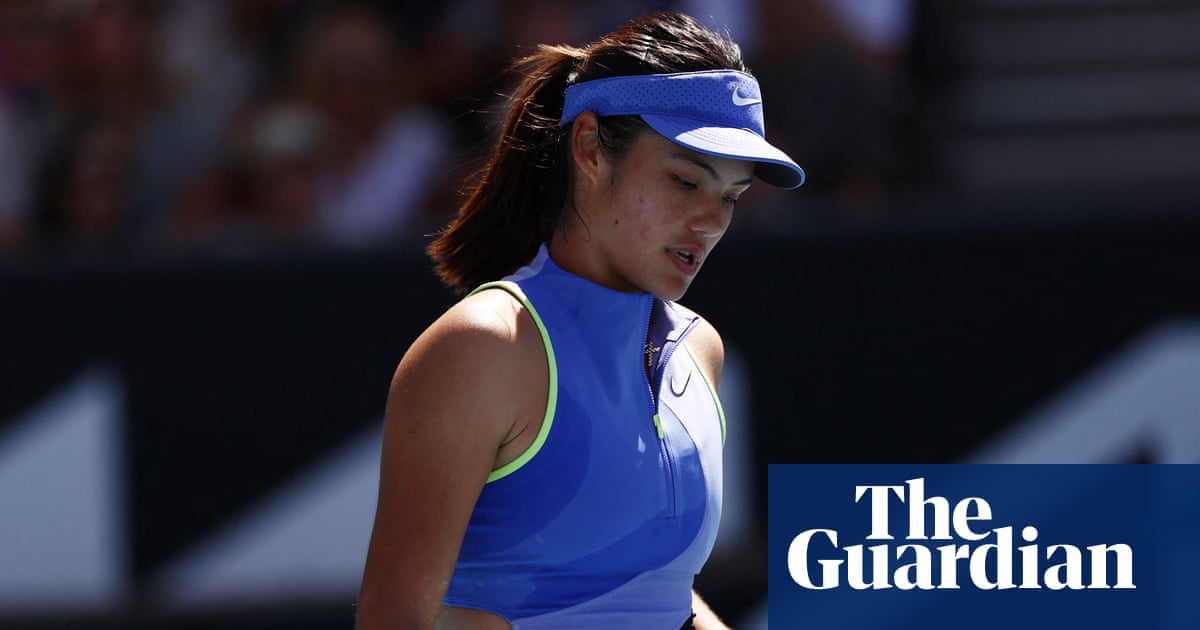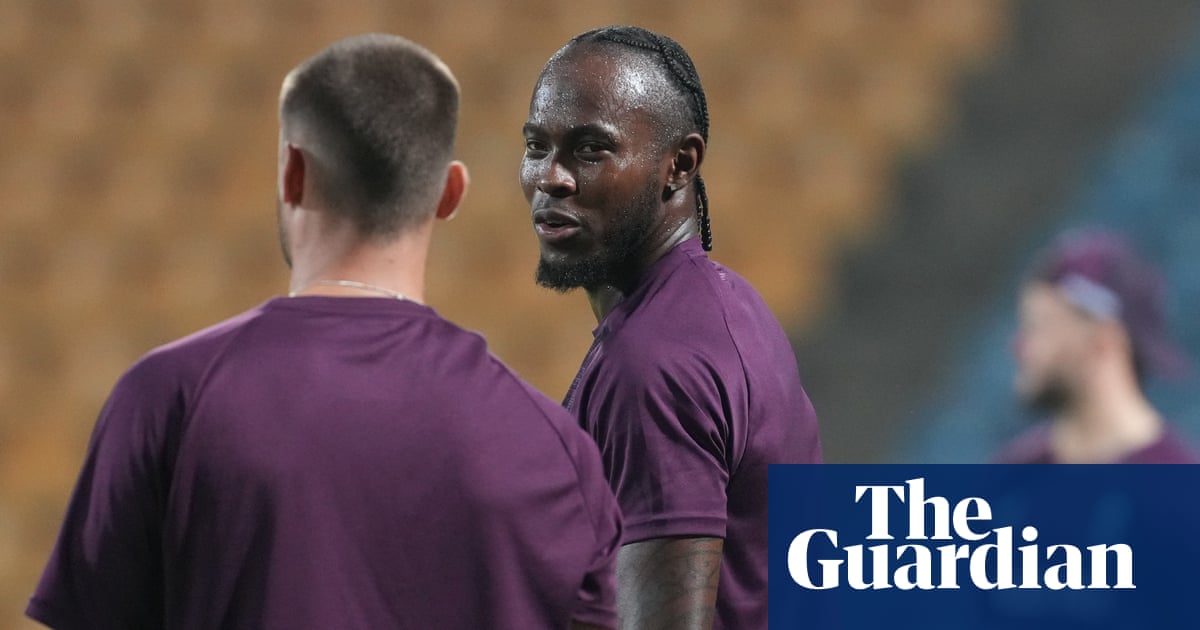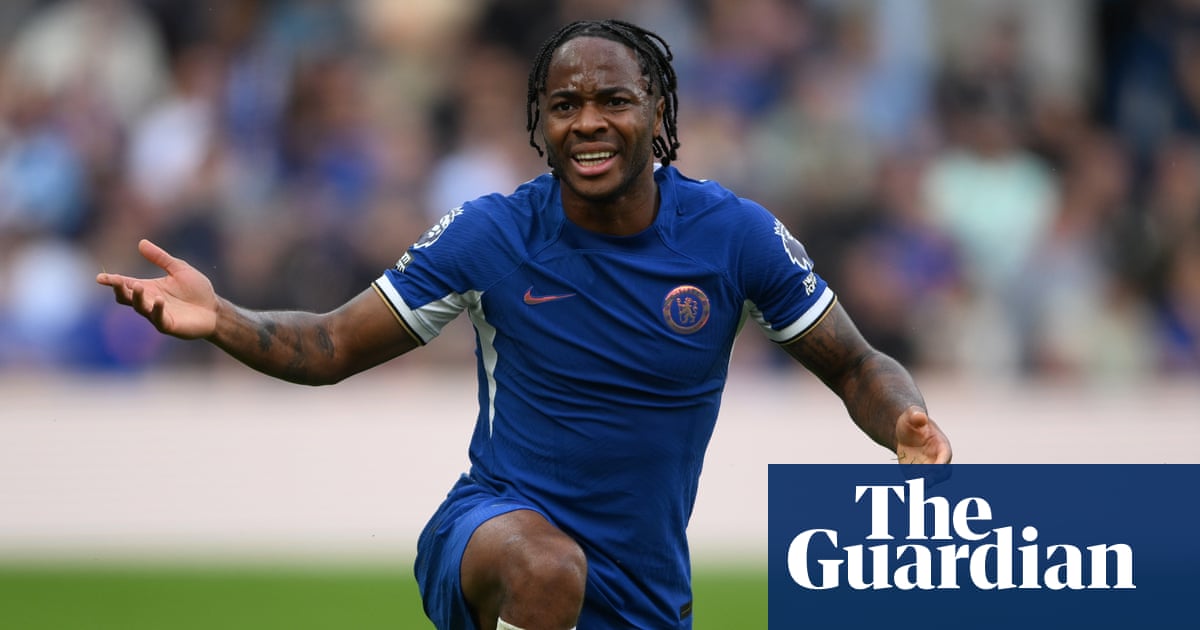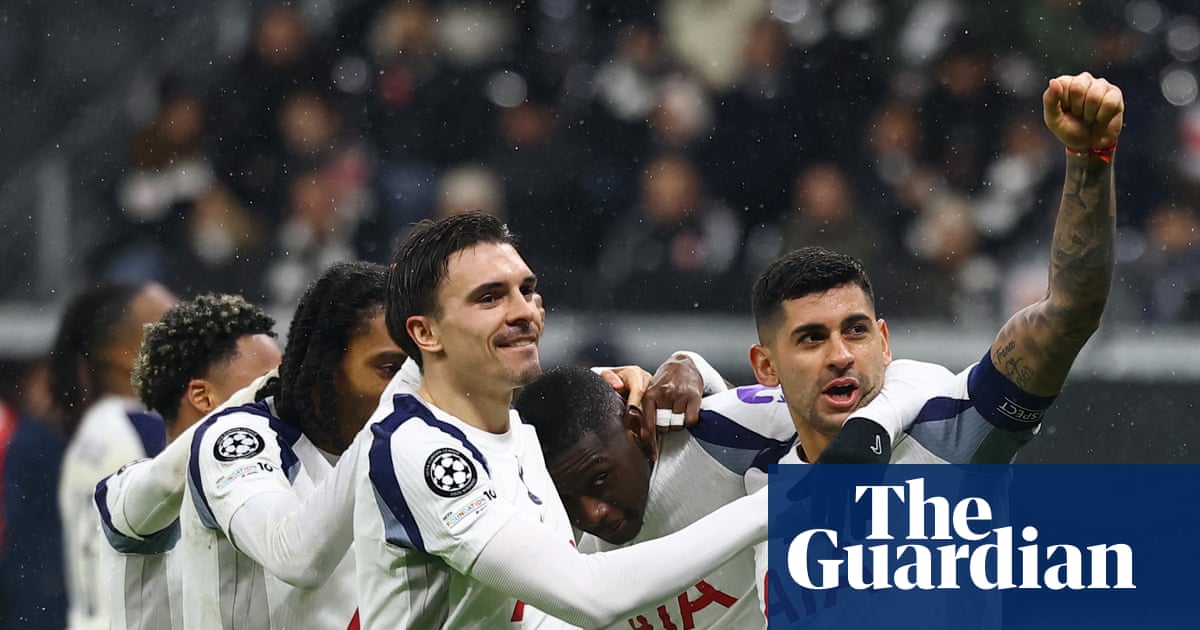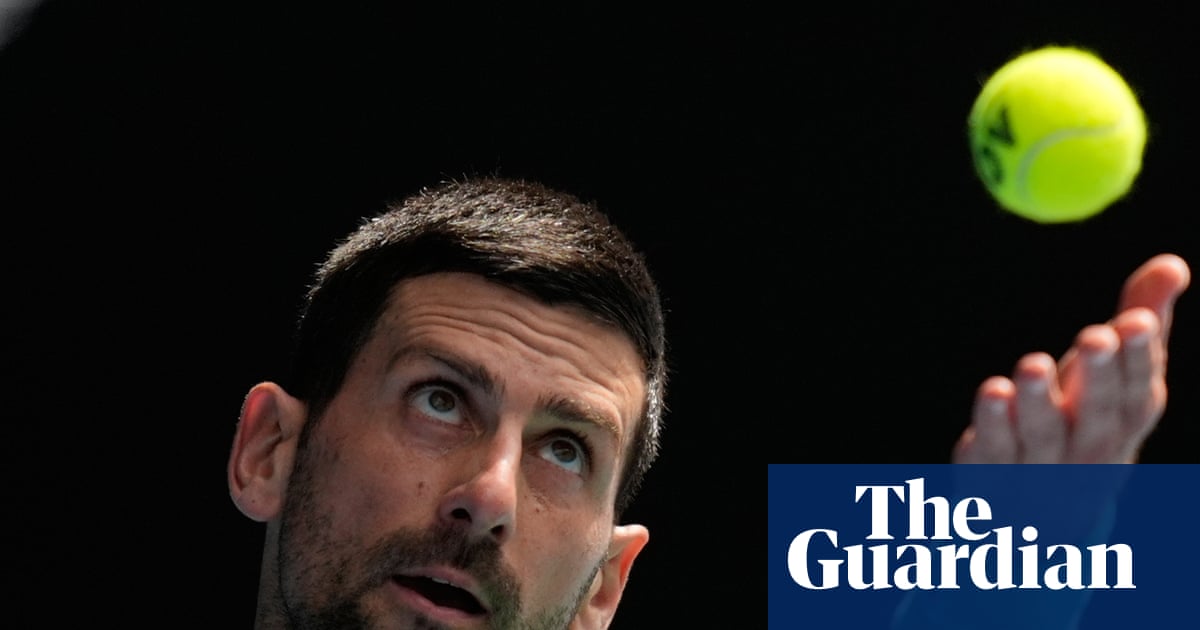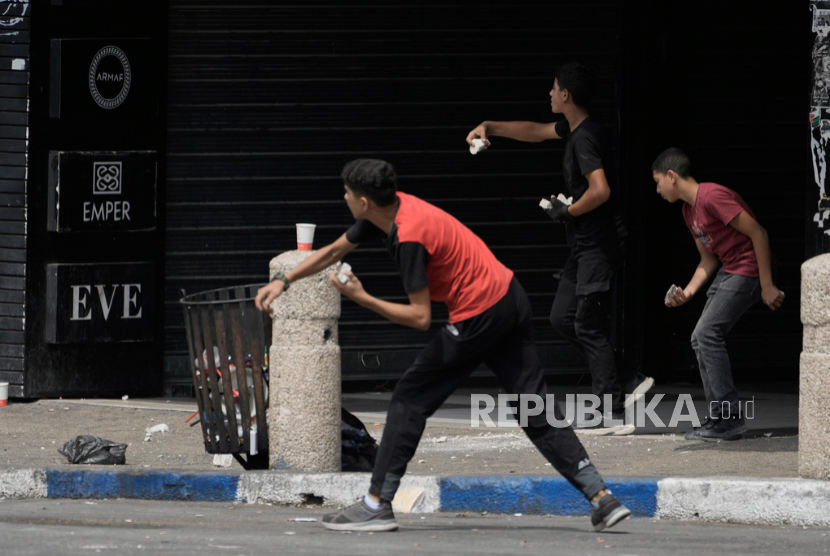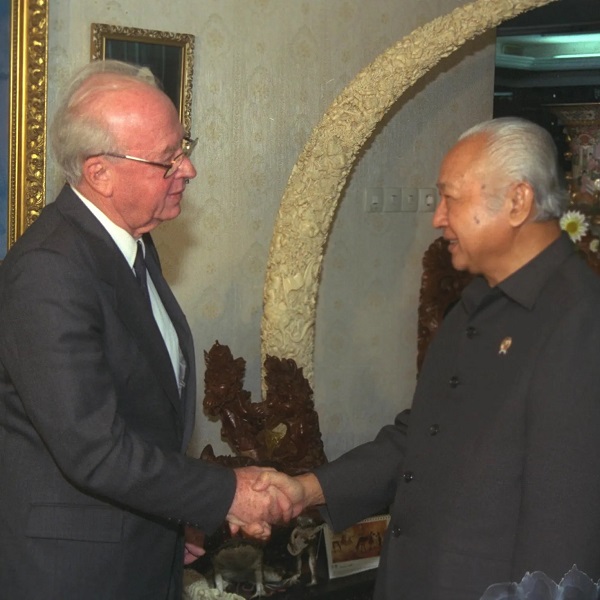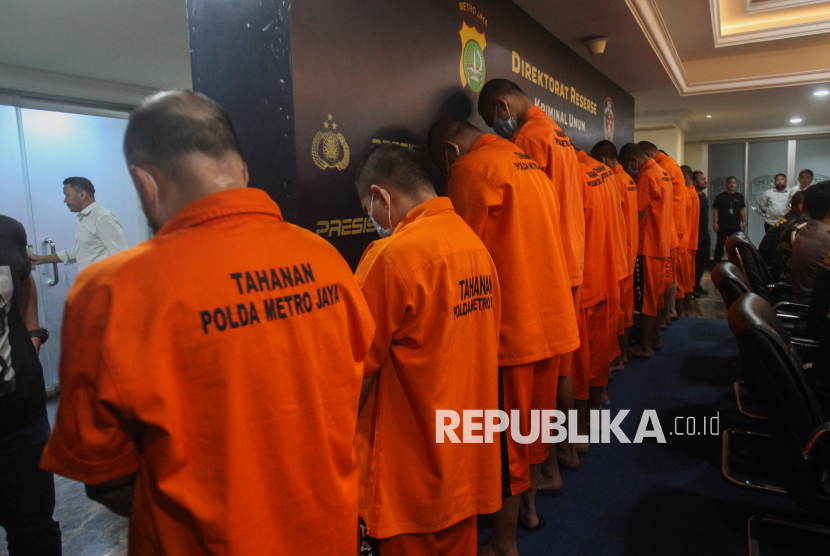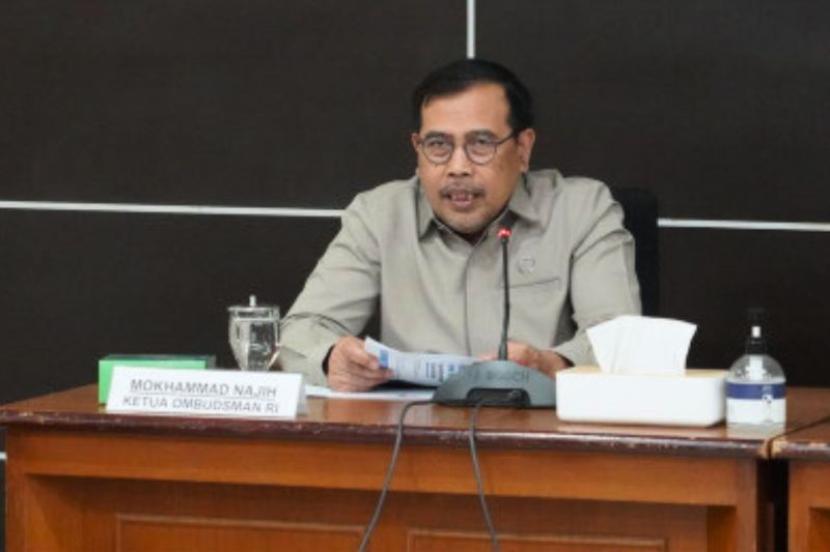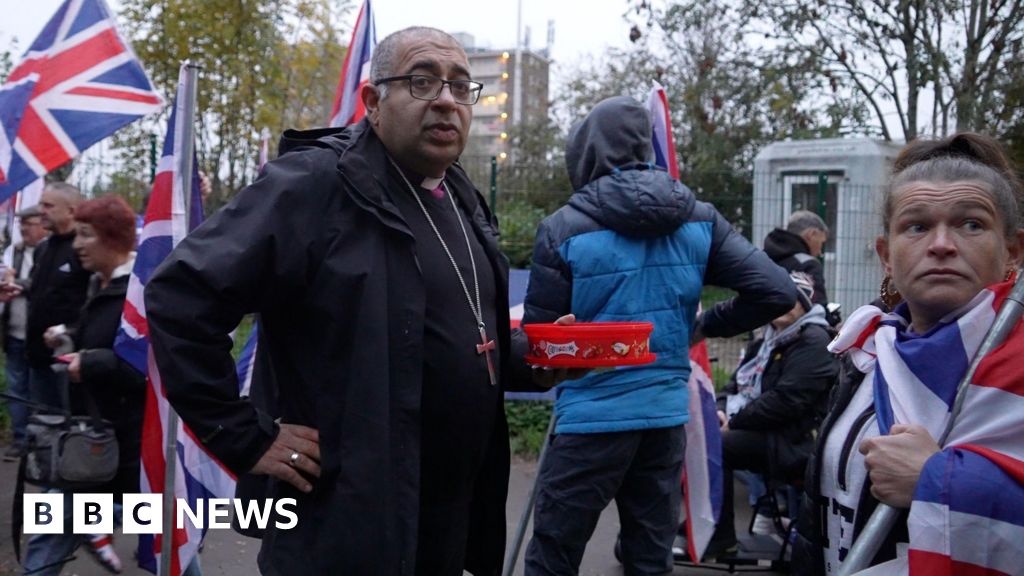Presumably Martin O’Neill had no inkling of what the coming hours would bring when he used a Monday radio appearance to talk up Hearts’ prospects of winning the Scottish title for the first time since 1960. “This is the time for Hearts,” O’Neill said.
The scale of reverberation around Brendan Rodgers’ resignation is such that even the return of O’Neill to the Celtic dugout is not the most dramatic element. Instead, the lesser‑spotted Dermot Desmond broke cover to lacerate Rodgers. The attack felt personal and spiteful. This proved a sad and unseemly conclusion to Rodgers’ second spell in Glasgow. So much so, in fact, that the third most successful manager in Celtic’s history cannot now show his face at the stadium. Desmond appears to be a bad enemy to choose.
Desmond’s ferocious sentiment shone a light on recent months inside Celtic Park. The environment was toxic. It does not explain why a manager accused of being “self-serving” and guilty of a breach of trust was simply not removed from office months ago. Desmond’s astonishing words turned heads but they also raise questions. Were Rodgers as egotistical as Desmond portrays, he would have left Celtic immediately after the summer’s botched transfer window. Rodgers could have secured martyrdom with supporters. He instead limped on, with Celtic eight points behind a Hearts team who were well short of their best when seeing off Rodgers and co in Edinburgh on Sunday.
Desmond blames Rodgers for “fuelling” supporter protest towards the board which has formed a regular backdrop to this ragged campaign. “Some of the abuse directed at them, and at their families, has been entirely unwarranted and unacceptable,” Desmond said. The 75-year-old is correct to condemn such behaviour, but plenty of the Celtic disquiet has been articulated in sensible and appropriate style. Desmond’s assassination of Rodgers is unlikely to placate dissenters. “It’s normally the manager that goes when that starts to be sung,” Rodgers said amid cries of “sack the board” in late August. He was mocked at the time; he was right.
Those directors have no desire to alter the way Celtic are run, essentially because they think such a switch is unnecessary. “Celtic’s structure – where the manager oversees football, the chief executive manages operations, and the board provides oversight – has served the club with great success for more than two decades,” Desmond said. “What has failed recently was not due to our structure or model, but to one individual’s desire for self-preservation at the expense of others.” It is worth remembering that Celtic’s previous chief executive lasted two months. Non‑executive directors serve for years, if not decades. Desmond owns just over 30% of Celtic; Monday night’s bulletin was from a man with total control.
The success to which Desmond refers is perfectly fair in domestic context. There have been glimmers of light in Europe – including last season – but Celtic’s regular shortcomings there undermine his point. Those struggles span various managers; Kairat Almaty saw off Celtic in Champions League qualifying two months ago, just as Bodø/Glimt, Ferencvaros, Cluj, AEK Athens, Maribor and Malmö have done stretching back to 2014. Bodø/Glimt, Pafos, Slavia Prague and Union St-Gilloise are in this season’s Champions League.
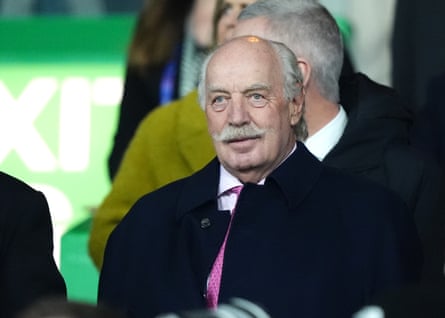
Celtic portray themselves as a major club and in many respects they are. At Rodgers’ final European encounter, last week’s win against Sturm Graz, he completed media duties in the typical domain of a marquee in the car park. Celtic fans will not care how the press are treated – in fact many will delight in the provision of spartan facilities – but this emphasises a broader sense of the small-time.
The problem with criticising Rodgers – as plenty were doing even before his resignation – is that none of this could have formed part of his plan. He hardly wanted this second spell to end so sourly or there was no reason to return while ignoring more lucrative opportunities. Third-season syndrome does not adequately explain why a team that scared Bayern Munich in February but had visibly run out of gas by the time of the Scottish Cup final defeat by Aberdeen in May was not properly rejuvenated. Celtic’s title was confirmed with weeks, if not months to spare. Their Champions League qualifying position was known. Rodgers’ frustration over a lack of attacking reinforcement, not only in the summer but January, was understandable.
His final game, Sunday’s loss at Hearts, had Johnny Kenny as the starting centre-forward. Were Kenny playing for Falkirk, there would be no clamour for Celtic to sign him. Celtic’s squad has regressed; it would be nonsensical to believe this appealed in any way to Rodgers. Jahmai Simpson-Pusey, Shin Yamada and Hayato Inamura – all brought in during the summer window – have barely been seen. Daizen Maeda was clearly affected after a move to the Bundesliga collapsed in essence because Celtic had no replacement. Kelechi Iheanacho, who quickly became the go-to No 9, arrived on a free on 2 September.
after newsletter promotion
It would be inaccurate to portray Rodgers as blameless. Celtic had the resources to beat Kairat, albeit Champions League involvement was likely to bring embarrassment. The manager’s pointed assessment of recruitment would inevitably feed through to his dressing room. Players bought for decent fees – Auston Trusty, Arne Engels, Paulo Bernardo – have failed to deliver. Rodgers was, though, unquestionably Celtic’s most talented football operator, a matter proven by a substantial body of work. His desire to drive the club forward was beyond question.
It became increasingly apparent Rodgers would not see out this season. There was mutual disillusionment between him and his paymasters. There were, however, other ways to handle this: by stating manager and club were no longer aligned in their thoughts or that because Rodgers would leave in the summer anyway, an immediate parting of ways made more sense. Instead, there is acrimony. Rodgers’ side of the story, when presented, will be fascinating.
O’Neill is a young 73 and idolised by fans. He retains the man-management skills to improve Celtic. He will believe privately he can do this job for longer than an interim basis and has huge motivation to prove that after a six-year hiatus from management. Nonetheless, this is an underwhelming squad playing in front of a disgruntled audience. It is also a club that not for the first time sees method in going back to the future. Lingering problems way beyond Rodgers remain. Desmond’s polemic does not deflect from that.
.png)
 3 months ago
42
3 months ago
42
